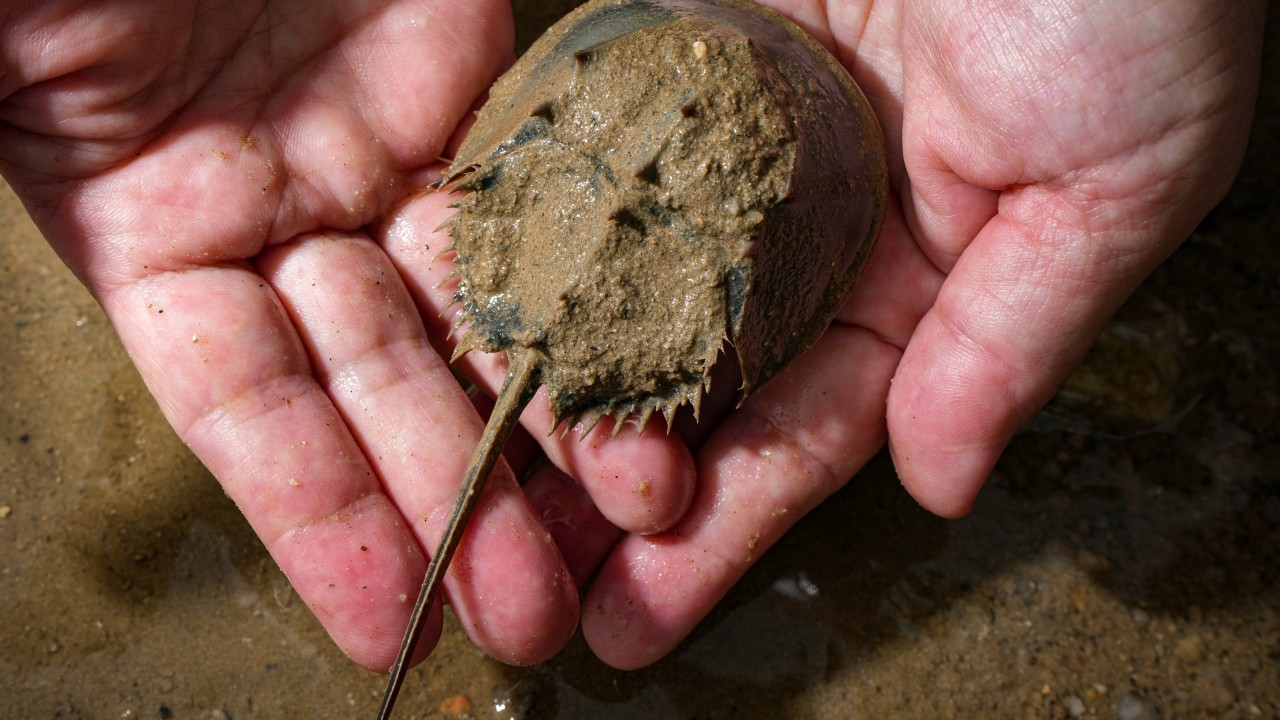The Ocean Park Conservation Foundation announced the news on Thursday, which is International Horseshoe Crab Day, saying on-site testing had started earlier this month at Ha Pak Nai in the northwestern New Territories. “Over the years, Ocean Park has been using its technology to enrich wildlife preservation for endangered species. We believe that by using AI technology, we can effectively and efficiently collect data on the number of local horseshoe crabs,” foundation director Howard Chuk Hau-chung said.
Horseshoe crabs have a component in their blood that can be used to test for toxic substances and bacteria in chemicals used for vaccines, and played a vital role in healthcare, he said. The International Union of Conservation Nature (IUCN) has declared tri-spine horseshoe crabs to be an endangered species and placed them on the organisation’s red list. “There are now less than 10,000 juvenile horseshoe crabs remaining in Hong Kong,” Cheung said.

“The population has decreased by 90 per cent over the years, and we don’t see any signs of recovery as of recently.” The academic said the installation of sea walls along local coastal shores could have stripped away areas of mangroves and mudflats that served as the animals’ natural habitat. He added that local fishermen about 40 to 50 years ago would have been able to confirm that both elements were common to Hong Kong’s coastal shores at the time.
Under the trial scheme, researchers will monitor mudflat areas o.























